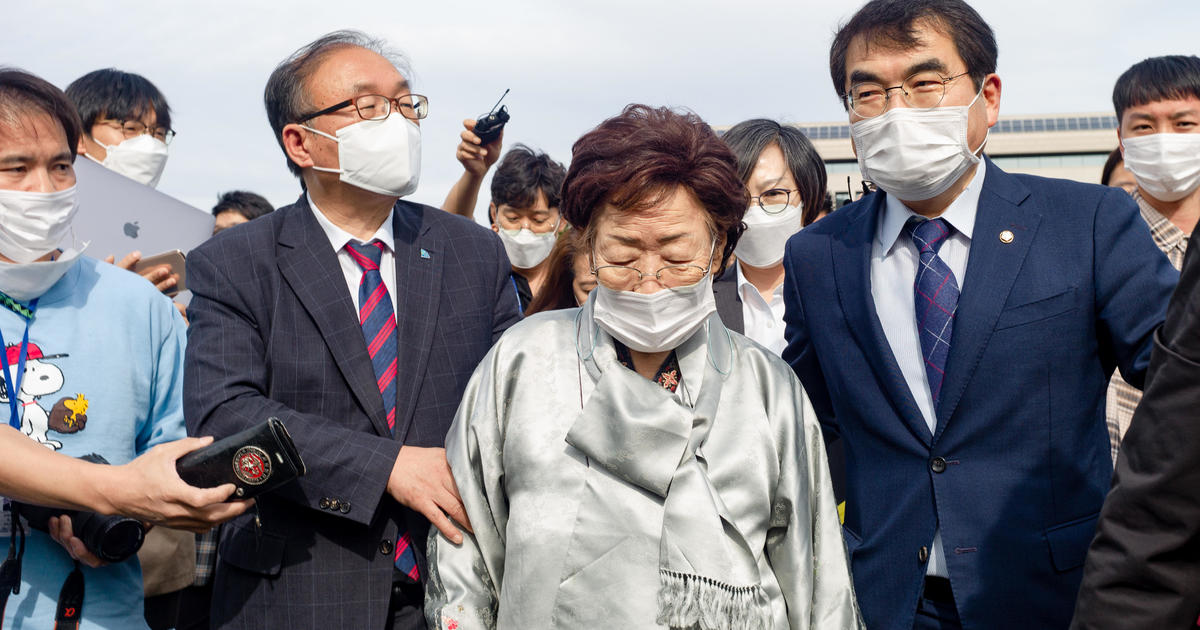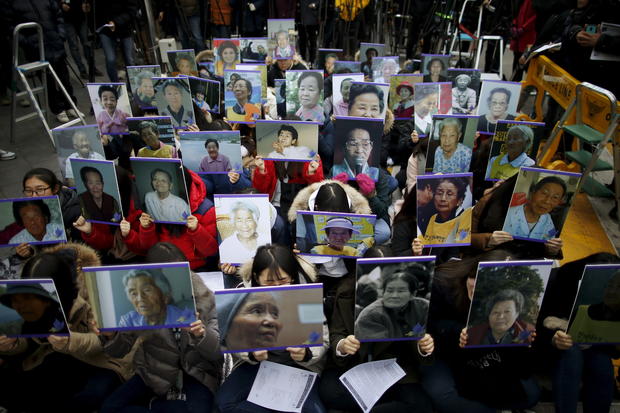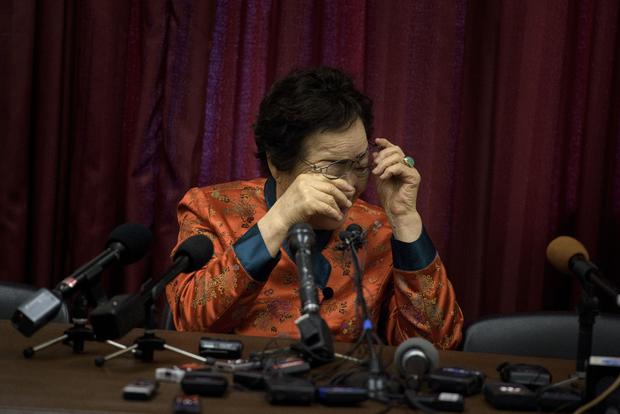
Seoul – Wartime sex slaves from South Korea, euphemistically known as ‘comfort women’, gained their first legal victory against the Japanese government in a landmark ruling delivered in Seoul on Friday. The Seoul Central District Court ordered the Japanese government to pay 100 million won ($ 91,300) reparations each to the families of 12 women who had to work as sex slaves for the Japanese military during the Japanese colonization of Korea.
The court called on Japan to force the women alone five of them are still alive – sex slaves to be “a crime against humanity”. It said the women were forced into servitude when Japan “illegally occupied” the Korean peninsula between 1910 and 1945, arguing that the illegality of that occupation means that Japan’s contemporary sovereign immunity cannot protect it from lawsuits.
The case in which the ruling was made on Friday opened in April last year. The Japanese government has never been involved and has insisted that the lawsuit should be dismissed because “the state is immune from the jurisdiction of the courts of another country.”
Kim Hong-Ji / Reuters
Japanese cabinet secretary Katsunobu Kato said on Friday that Japan would not appeal the ruling because it would put the country under the jurisdiction of South Korea.
Prime Minister Yoshihide Suga said Japan could not accept the court’s ruling, while Kato called it “unacceptable,” and urged Seoul to take “appropriate steps” to dismiss it.
Japanese Deputy Foreign Minister Takeo Akiba called on South Korean ambassador Nam Gwan-pyo in Tokyo to file an “extremely powerful protest”. Ambassador Nam said he would try to prevent the ruling from having an “undesirable impact” on bilateral relations.
Even South Korea’s State Department said that while it respected the court’s rulings, “the government recognizes the formal agreement of the two governments concluded in December 2015”.
That deal included a formal apology from then-Japanese Prime Minister Shinzo Abe and an $ 8.3 million relief fund set up by Tokyo for the older former sex slaves. From Japan’s perspective, the agreement drew a line under the decades-long scandal.
The plight of the “comfort women” has been a major point of friction between the two Asian countries for more than half a century.
The casualties were mostly Korean, but the Japanese army picked up sex slaves in most countries where it had stationed troops during World War II. There were even British and Dutch women among them.
“We welcome the historic victory that opened new horizons,” said a victims’ advocacy group in Seoul speaking for the women who brought the lawsuits against Japan.
“Victims have repeatedly testified publicly about the damage and demanded a solution based on a victim-oriented approach, but were repeatedly ignored,” Korea’s Justice and Remembrance Council on the issues of military sexual slavery by Japan said in a statement.
Getty
The group noted that only a handful of victims are still alive and urged the Japanese government to swiftly comply with what it said was an obligation to comply with its “ liability ” and to stop fully research the military and teach a more accurate version of history in Japan.
Amnesty International Korea also welcomed the court’s ruling on Friday, with Director Jihyun Yoon calling it an “ important decision ” and noting in a statement that it was “ the first time that a South Korean court has ruled the Japanese government’s responsibility for Japanese military sexual slavery and opened a path to restore justice to the survivors. “
Jihyun called on Japan to “follow the court’s decision and take immediate steps to compensate victims of sexual slavery” and to issue a “full and comprehensive apology to survivors.”

